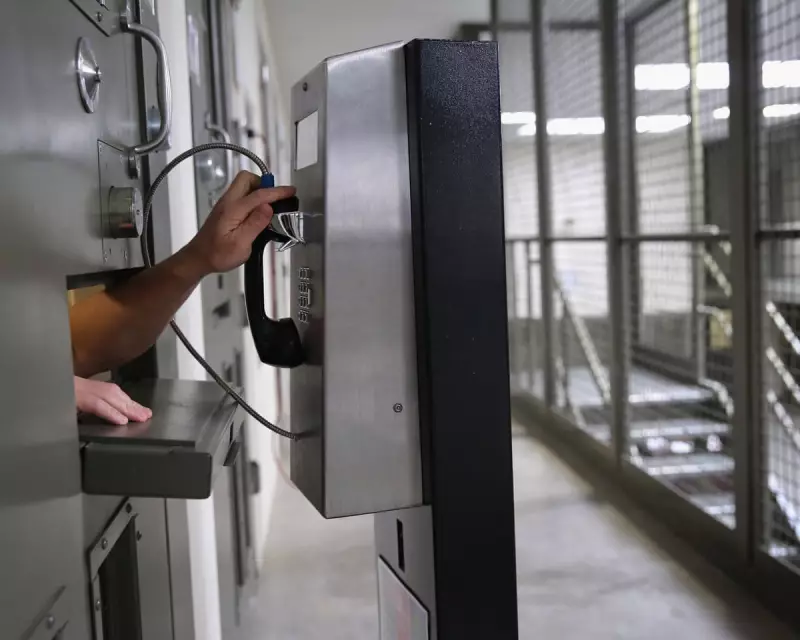
A dramatic and controversial shift in US immigration enforcement has been uncovered, marking a stark return to policies largely abandoned in previous years. Under the reinstated Trump administration, the use of solitary confinement for detainees held by Immigration and Customs Enforcement (ICE) has surged, according to internal data and advocacy reports.
The Resurgence of a Harsh Measure
Internal agency documents reveal a significant policy reversal. The practice, severely curtailed under the Biden administration due to its psychological toll, is being deployed again at an accelerating rate. This has ignited fierce condemnation from human rights organisations and medical experts who label prolonged isolation as a form of torture.
Who is Being Isolated and Why?
The data indicates that solitary confinement is being used for a wide range of reasons, often extending beyond genuine threats to safety. Vulnerable individuals, including those with pre-existing mental health conditions and people identifying as LGBTQ+, are reportedly being placed in isolation, sometimes for weeks or months.
Key Findings from the Report:
- A steep increase in incidents recorded since the policy change.
- Extended durations of isolation that exceed international guidelines.
- Use of isolation for non-disciplinary reasons, including vague claims of 'protective custody'.
Official Justification and Fierce Backlash
ICE officials have defended the practice as a necessary tool for managing detainees who pose a threat to themselves, others, or the security of the detention facility. They state that its use is reviewed and subject to strict protocols.
However, critics argue the system lacks transparency and independent oversight. Lawyers and advocates report immense difficulty in obtaining clear information about why their clients have been isolated, describing the process as opaque and arbitrary.
A Global Human Rights Concern
This policy reversal places the United States at odds with a growing international consensus. The United Nations and numerous human rights bodies have repeatedly called for a ban on indefinite and prolonged solitary confinement, citing its devastating and sometimes irreversible effects on mental health.
As the policy continues to be implemented, the debate intensifies, pitting the administration's 'law and order' approach against fervent calls for the humane treatment of immigration detainees.





